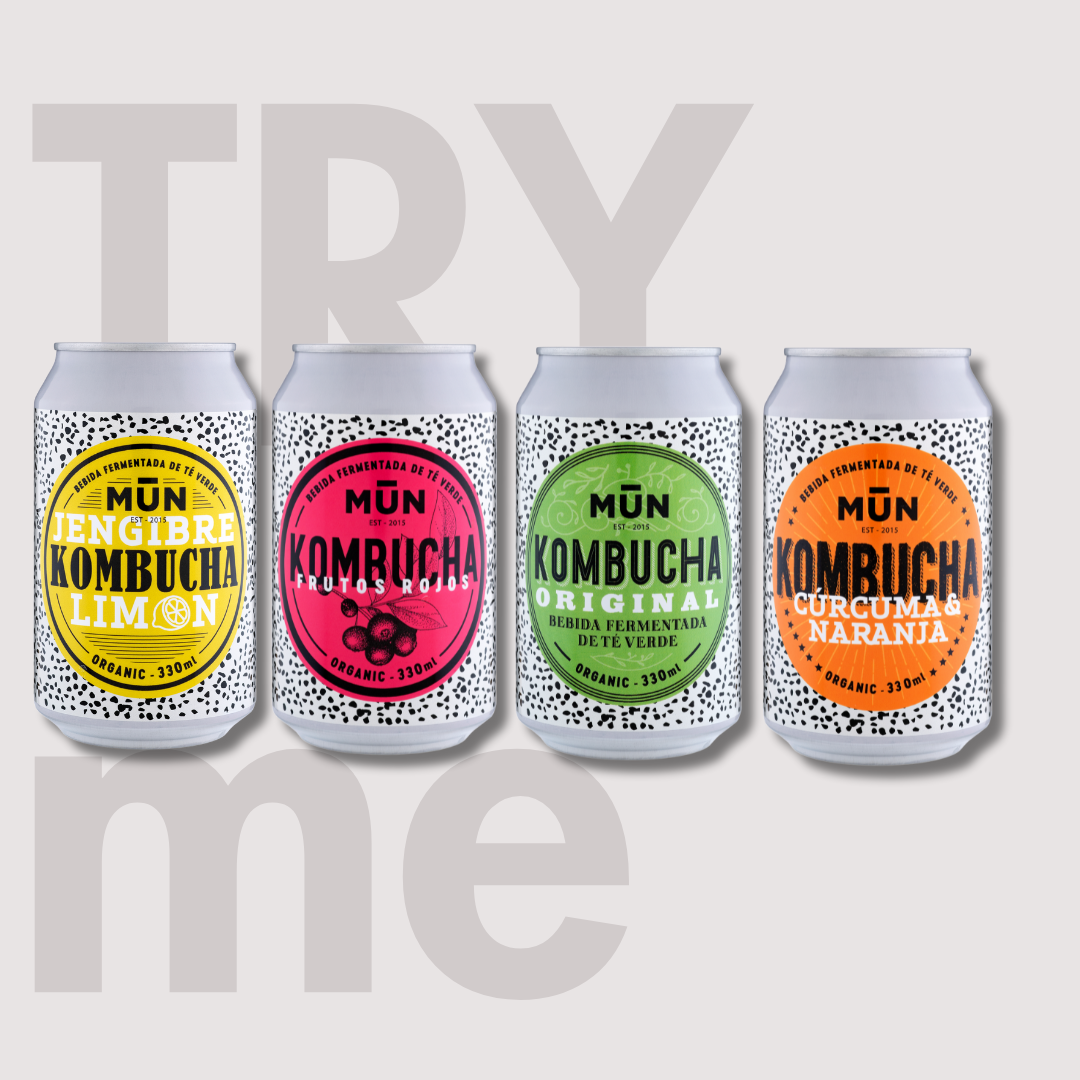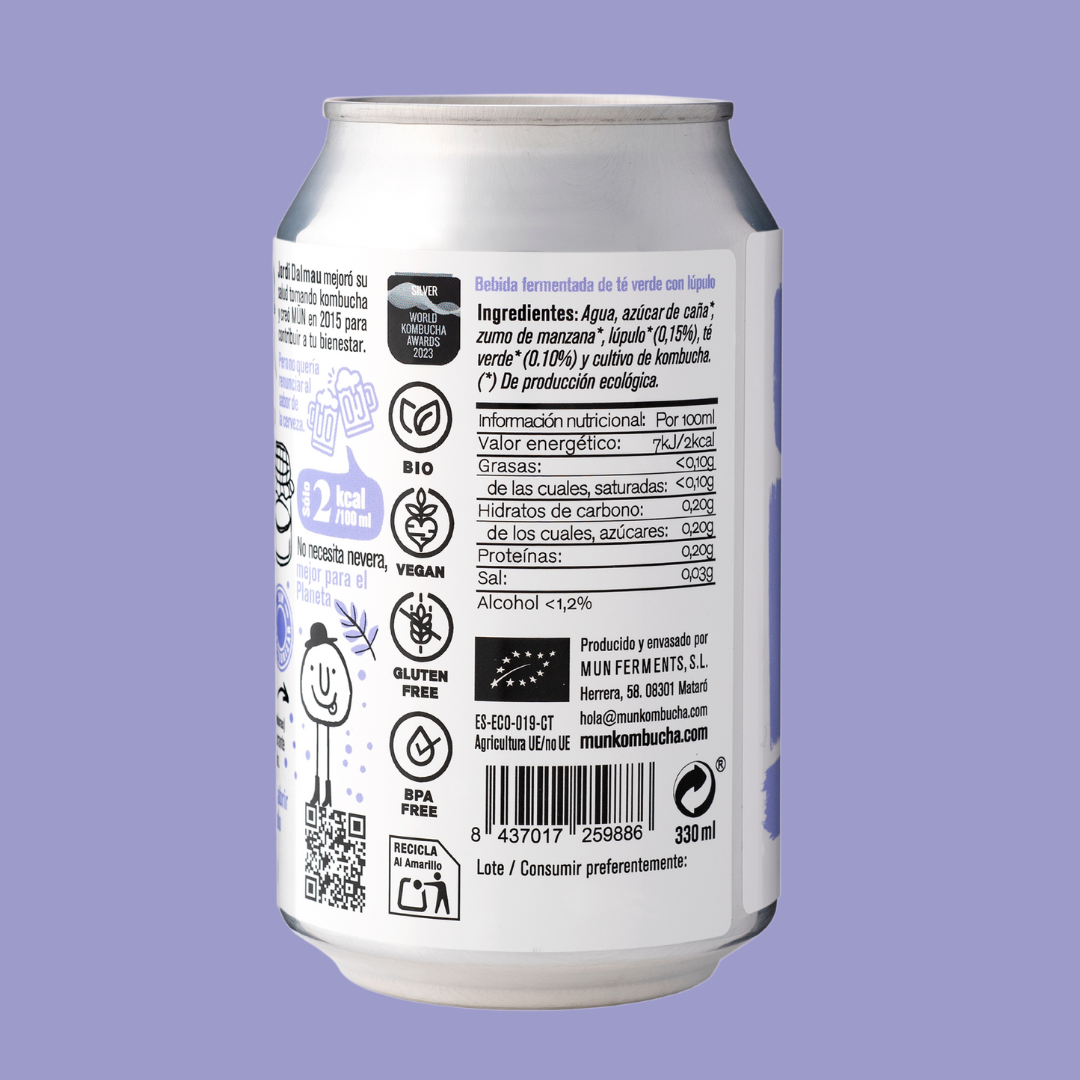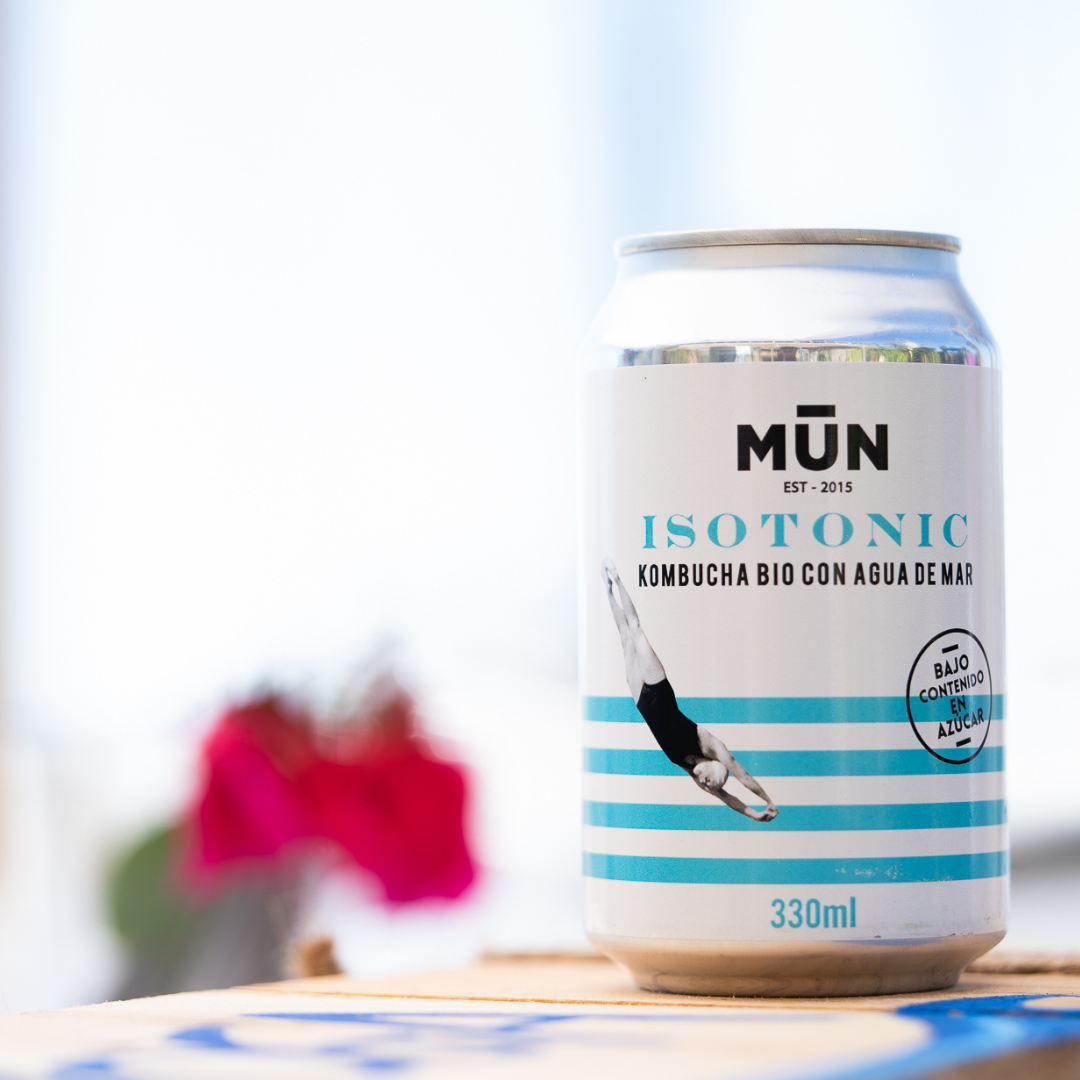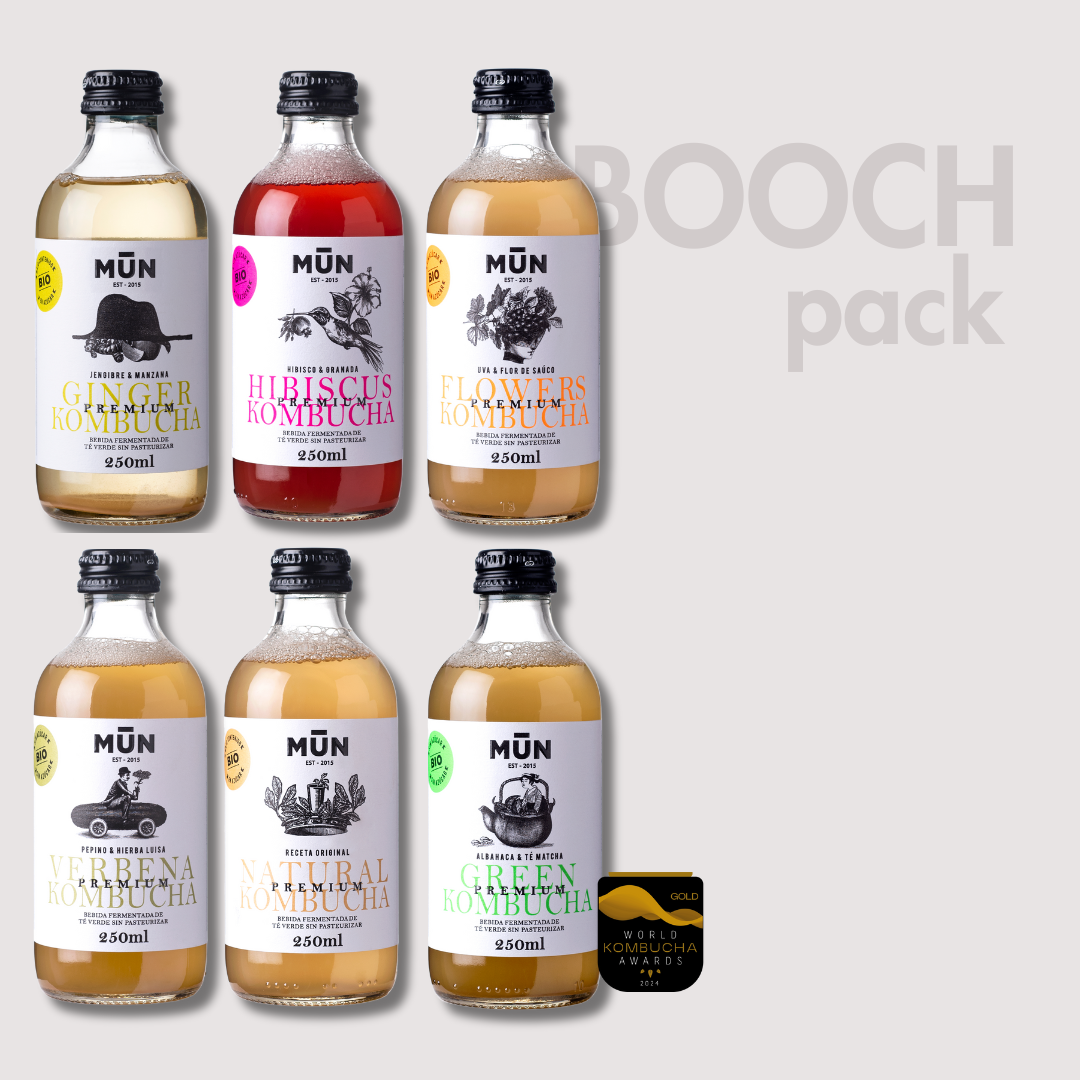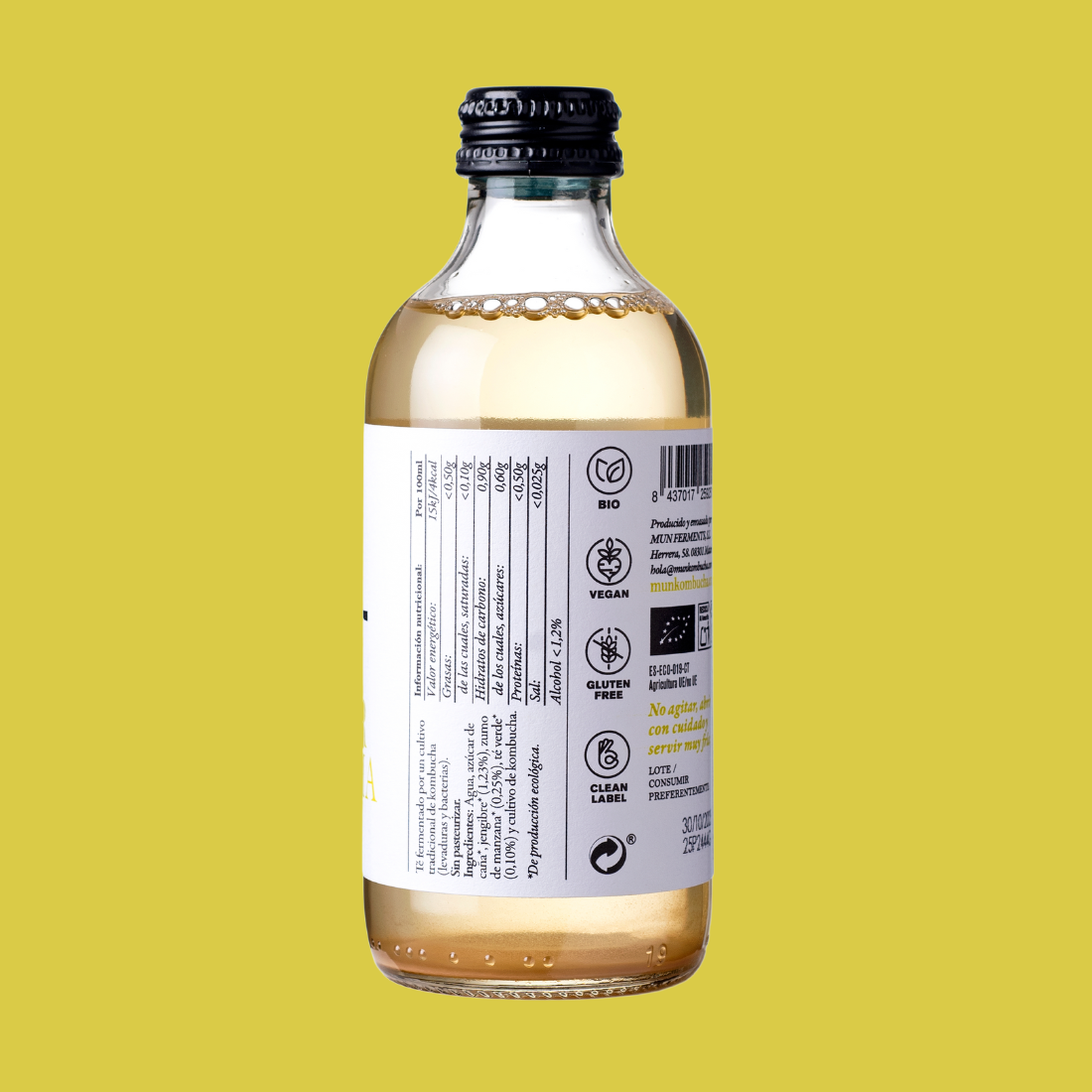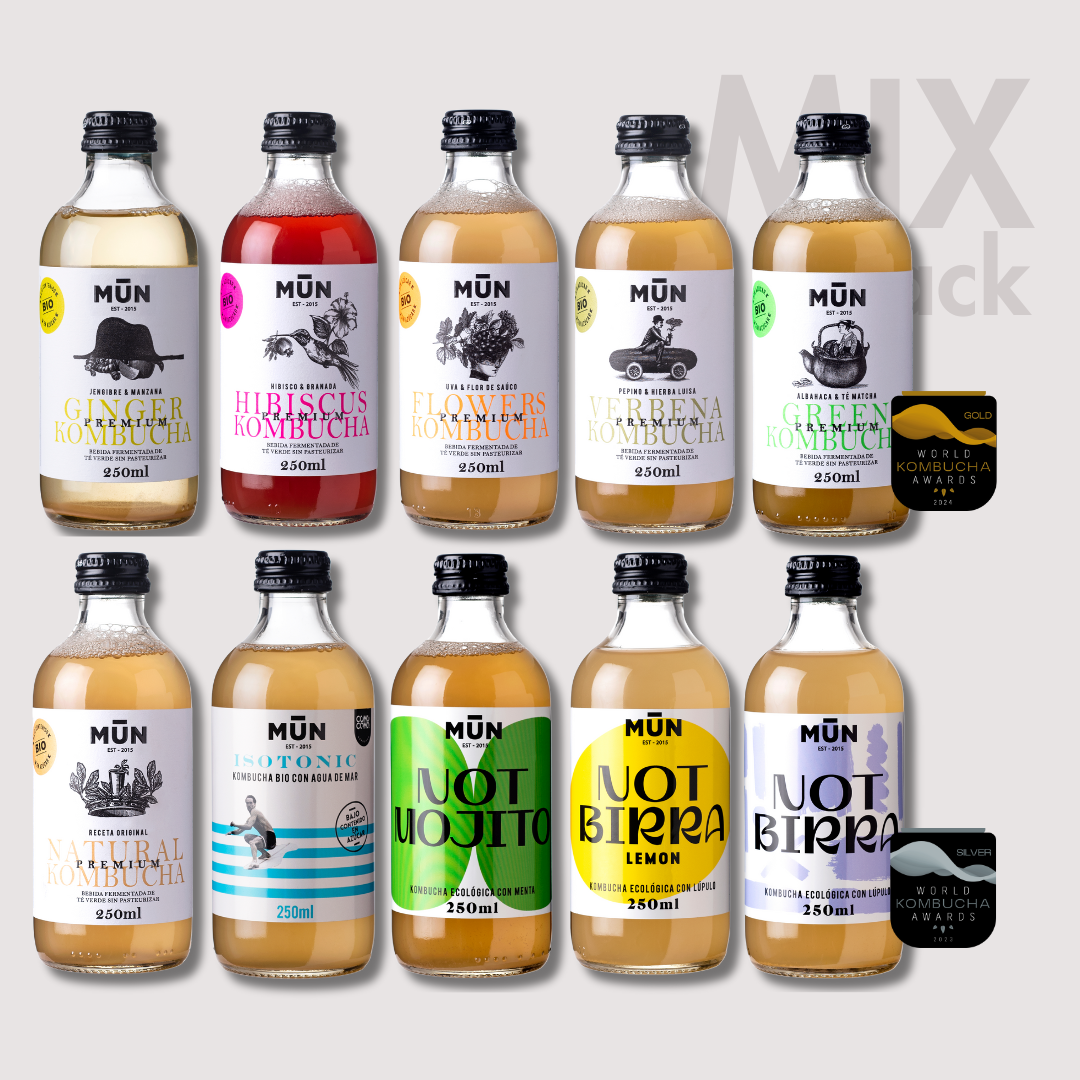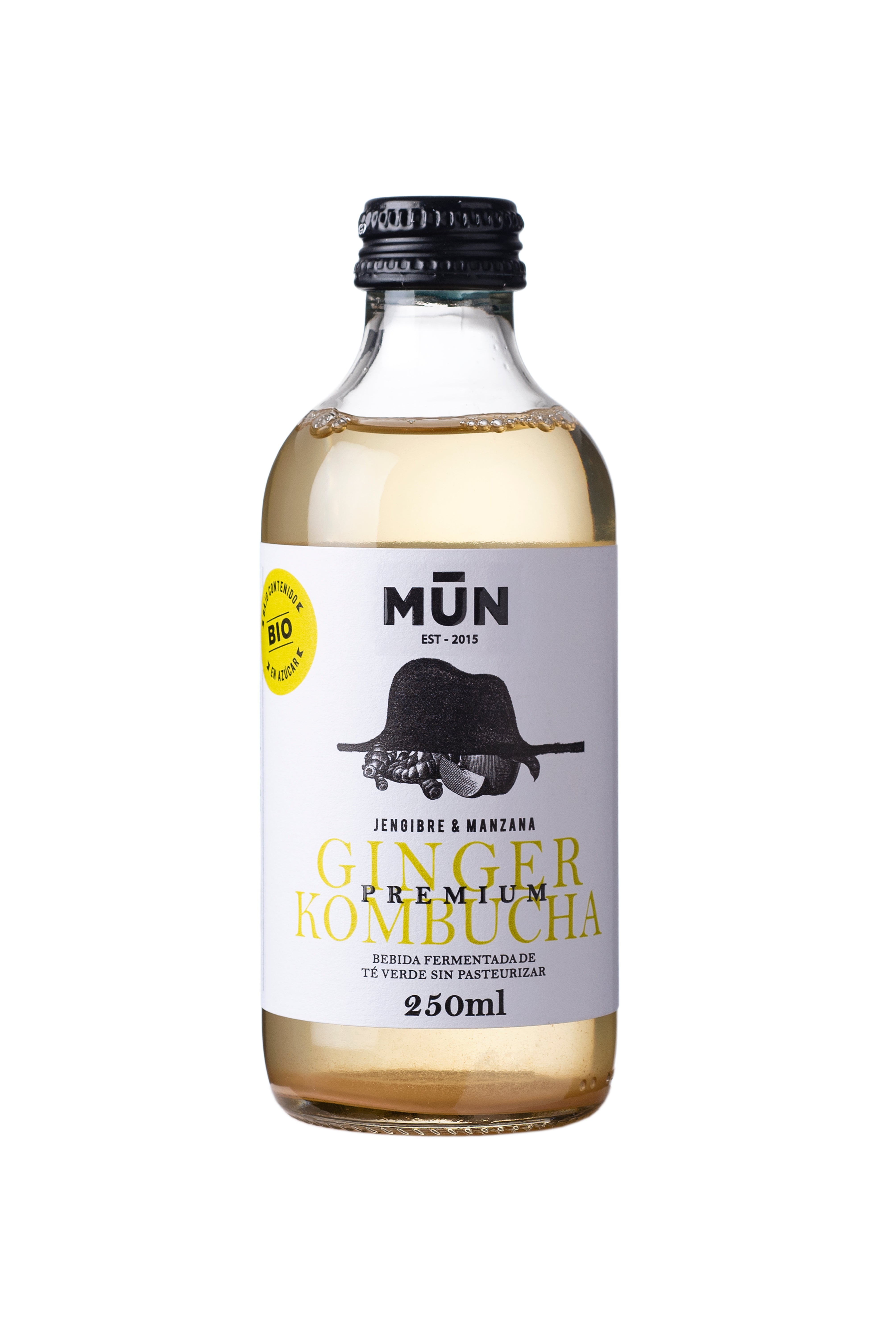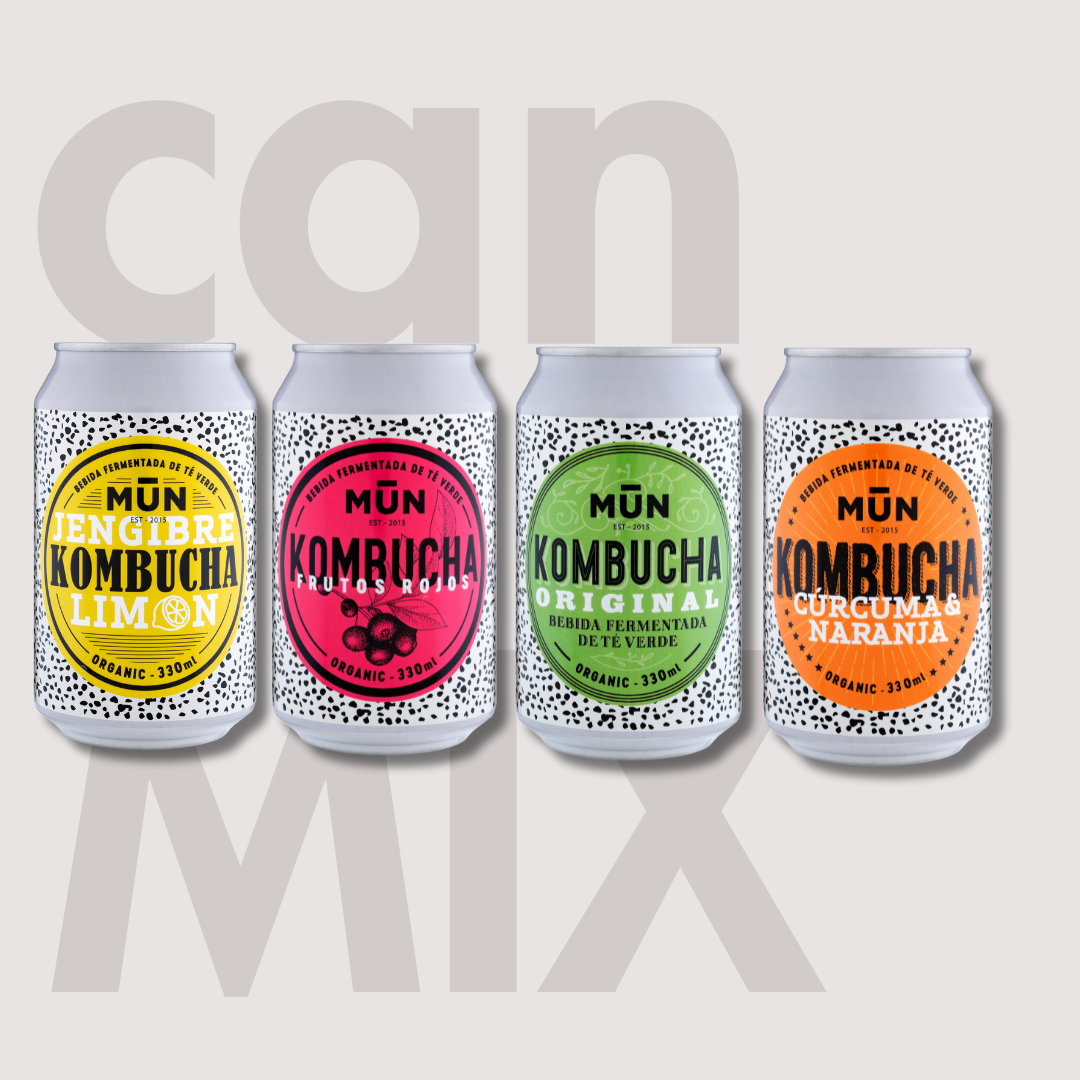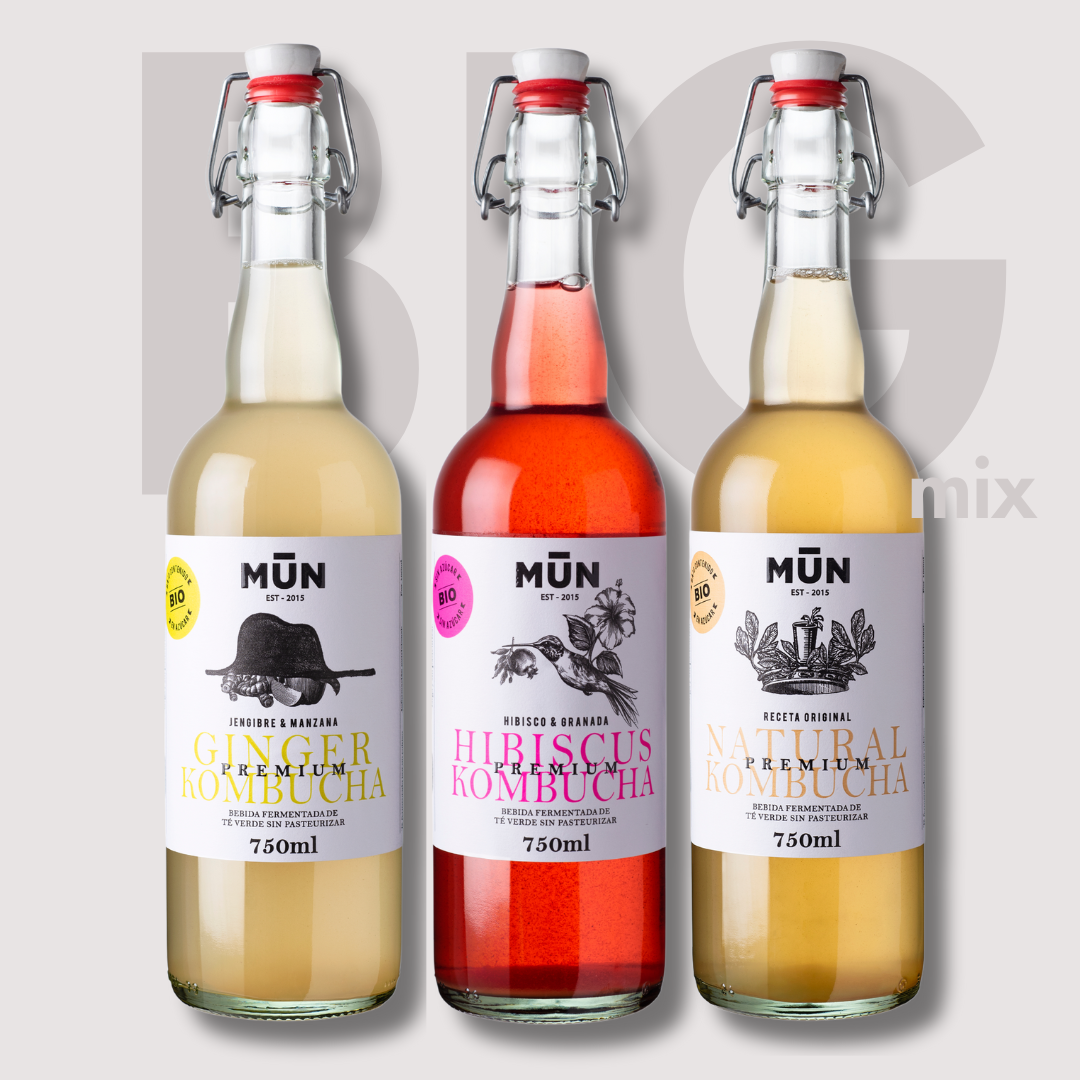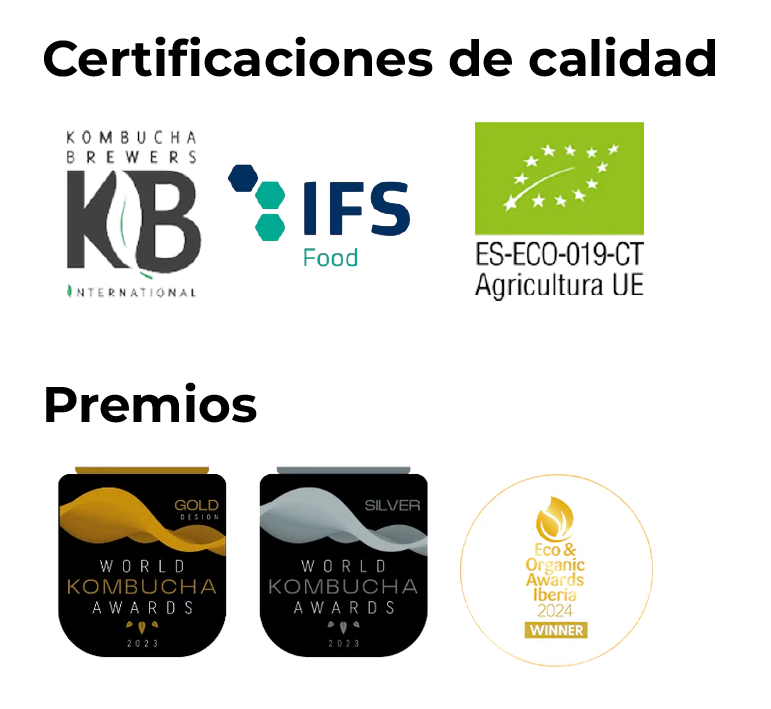Fermented beverages have been an integral part of various cultures around the world for centuries. From wine and beer to kombucha and kefir, these beverages offer not only unique flavor but also multiple health benefits.
Fermentation is a natural process by which microorganisms, such as bacteria and yeast, break down sugars and other components, producing alcohol, acids and gases. This process not only preserves foods and drinks, but also increases their nutritional value.
History of fermented drinks
The history of fermented beverages is as old as civilization itself. It is believed that the first fermented drinks were discovered by accident when fruits or grains fermented naturally. The ancient Egyptians and Sumerians were already producing beer more than 5,000 years ago, and wine was made in the Caucasus and Middle East regions at least 8,000 years ago.
During the Middle Ages, fermented beverages played a crucial role in the daily diet, especially in Europe, where drinking water was often unsafe. Monasteries and convents became centers of beer and wine production, perfecting fermentation techniques that are still used today.
Types of fermentations
Alcoholic fermentation
Alcoholic fermentation is the process by which yeasts convert sugars into alcohol and carbon dioxide. This type of fermentation is essential for the production of beverages such as beer and wine. In brewing, malted barley is mixed with hot water to extract fermentable sugars, which are then fermented with yeast to produce alcohol. In winemaking, grape juice is fermented to produce wine, with yeast transforming the grape's natural sugars into alcohol.
Lactic acid fermentation
Lactic acid fermentation is carried out mainly by bacteria of the Lactobacillus genus, which convert sugars into lactic acid. This type of fermentation is essential for the production of foods and drinks such as yogurt, kefir, chicha, and certain types of pickles. In the case of kefir, kefir grains ferment milk, producing a slightly acidic and effervescent drink with a rich composition of probiotics beneficial for digestive health.
Alcoholic-lactic acid and acetic fermentation
Kombucha is an example of a drink that uses multiple types of fermentation in its process. First, the yeasts in the SCOBY (Symbiotic Culture Of Bacteria and Yeast) convert the sugars in the sweetened tea into alcohol through alcoholic fermentation. Acetic bacteria then convert the alcohol into acetic acid, while lactic acid bacteria can also produce lactic acid, creating a complex, slightly acidic drink with probiotic properties. This mixed fermentation process ensures a wide range of health benefits, including improvements in digestion and strengthening the immune system.
Other types of fermentation
There are other less known but equally important types of fermentation. Acetic fermentation, for example, transforms alcohol into acetic acid, which is essential for the production of vinegar. Butyric fermentation , carried out by bacteria of the genus Clostridium, produces butyric acid and is less common in beverage production but relevant in some industrial processes.
Examples of fermented drinks
Kombucha
Kombucha is a fermented tea-based beverage that has gained popularity in recent years due to its numerous health benefits. It is made by fermenting sweetened tea with a symbiotic colony of bacteria and yeast (SCOBY). During the fermentation process, the SCOBY consumes the sugar and produces organic acids, vitamins and beneficial enzymes. Kombucha is not only refreshing, but it also helps improve digestion, detoxify the body, and strengthen the immune system.

Kefir
Kefir is a fermented drink made from milk that is fermented using kefir grains, a combination of bacteria and yeast. It is known for its creamy texture and slightly acidic flavor. Kefir is an excellent source of probiotics, which are beneficial microorganisms that promote intestinal health. In addition, it is rich in B vitamins, calcium, proteins and digestive enzymes, making it a nutritious and healthy drink.
Chicha
Chicha is a traditional Latin American drink made from fermented corn. There are many variations of chicha, from the Peruvian chicha morada to the Ecuadorian chicha de jora. Corn fermentation produces a slightly alcoholic drink rich in probiotics. Chicha has been consumed for centuries and is an important part of the indigenous cultures of the region.
Wine and beer
Wine and beer are perhaps the best-known fermented drinks worldwide. Wine is made by fermenting the juice of grapes, while beer is made by fermenting grains, usually barley. Both processes involve alcoholic fermentation, where yeasts convert sugars into alcohol and carbon dioxide. Both wine and beer have a long history and rich cultural tradition, and remain popular drinks around the world.
Benefits of fermented drinks
Fermented drinks offer numerous health benefits. Fermentation not only improves the digestibility of food, but also increases its nutritional value. The probiotics present in many fermented drinks help maintain a healthy balance of bacteria in the gut, which is crucial for good digestion and a strong immune system. In addition, fermented drinks are rich in vitamins, minerals and antioxidants.
A clear example is kombucha , which is not only an excellent alternative to sugary soft drinks, but also offers multiple health benefits. As Hannah Crum , also known as Kombucha Mamma, mentions, sodas are an imitation of fermented drinks but lack their natural benefits. Soft drinks contain high levels of sugar and artificial additives that can be harmful to health, while fermented drinks like kombucha help digestion and detoxify the body.
Comparison between fermented drinks and soft drinks
Modern soft drinks were born with the intention of imitating the characteristics of fermented drinks, such as bubbles and pleasant taste. However, there is a big difference in terms of health benefits. Soft drinks contain high amounts of sugar, artificial sweeteners and additives that can lead to health problems such as obesity, type 2 diabetes and cardiovascular disease.
In contrast, fermented drinks, such as kombucha, kefir, and chicha, occur naturally and contain probiotics and other beneficial compounds. These drinks improve digestion, strengthen the immune system and help detoxify the body. In addition, bubbles in fermented drinks are generated naturally during the fermentation process, without the need to artificially add gas.
Fermented drinks and health: studies and scientific evidence
Numerous studies have shown the health benefits of fermented drinks. One article highlights how probiotics in kefir can improve digestive health and strengthen the immune system. Additionally, research on kombucha suggests that it can help detoxify the liver and improve metabolism.
Fermented beverages have also been associated with reducing the risk of chronic diseases. One study found that regular consumption of yogurt and other fermented beverages can reduce the risk of cardiovascular disease and type 2 diabetes.
The future of fermented drinks
The future of fermented beverages is promising. With a growing interest in health and wellness, these drinks are gaining popularity around the world. Kombucha, kefir, and other fermented beverages not only offer a refreshing taste, but also provide numerous health benefits.
As more people discover the benefits of fermented beverages, we are likely to see a greater diversity of products on the market. Innovations in production and increased knowledge about the benefits of probiotics will continue to drive growth in this sector.
Fermented drinks represent a healthy and natural option compared to commercial soft drinks. With their rich nutritional profiles and probiotic properties, these drinks not only satisfy thirst but also contribute significantly to overall health. Do you dare to try them?



